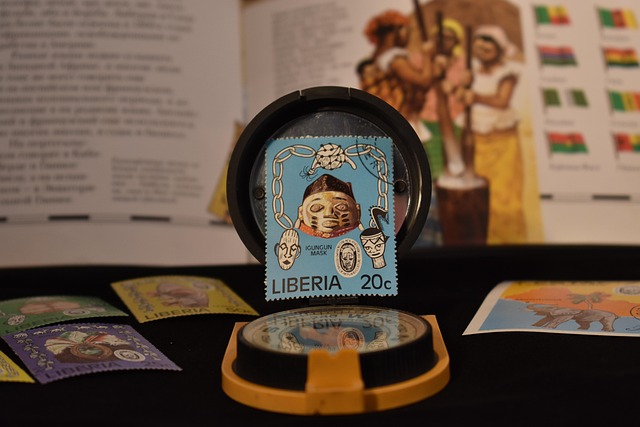
The Nobel Prize: A Celebration of Excellence
Every October, as the leaves begin to fall and the air gets a little crisper, the world eagerly anticipates the announcement of the Nobel Prize winners. It’s like waiting for the next season of your favorite show, but instead of cliffhangers, we get groundbreaking discoveries and inspiring humanitarian efforts. The Nobel Prize, established by the will of Alfred Nobel, rewards those who have made significant contributions to humanity in the fields of science, literature, and peace. So, let’s dive into what makes this award so special.
What is the Nobel Prize?
In simple terms, the Nobel Prize is a set of prestigious international awards given annually in several categories: Physics, Chemistry, Medicine, Literature, Peace, and Economic Sciences. Alfred Nobel, a Swedish inventor and philanthropist, left his fortune to fund these awards with the hope of recognizing those who have contributed to the betterment of society. Talk about a legacy!
The Categories of the Nobel Prize
Each category of the Nobel Prize has its own unique flavor, much like a box of assorted chocolates. Here’s a quick rundown:
- Physics: Recognizes groundbreaking discoveries in the field of physics. For instance, George F. Smoot received the prize in 2006 for his work on cosmic microwave background radiation—yes, that’s a thing!
- Chemistry: Celebrates advancements in chemical sciences. Winners often have names that sound like they belong in a superhero comic book.
- Medicine: Acknowledges contributions to medical science. Think of it as the Oscars for doctors, but without the red carpet.
- Literature: Honors authors whose works have had a significant impact. It’s like a literary hall of fame, complete with a trophy.
- Peace: Awarded to individuals or organizations that have made efforts to promote peace. Malala Yousafzai, who received the prize in 2014, is a prime example of this dedication.
- Economic Sciences: Recognizes contributions to the field of economics, often with a side of debate.
The Nomination Process
Now, you might be wondering how someone becomes a Nobel laureate. The nomination process is as secretive as a magician’s tricks. Nominations can only be submitted by select individuals, including previous laureates, professors, and members of academies. This means that if you were hoping to nominate your neighbor for their impressive lawn care skills, you’re out of luck.
Why Does It Matter?
The Nobel Prize is more than just an award; it’s a beacon of hope and inspiration. It highlights the importance of science, literature, and peace efforts in a world that sometimes feels a bit chaotic. Each laureate’s story serves as a reminder that one person can indeed make a difference, whether it’s through a scientific breakthrough or advocating for children’s education.
Conclusion
So, as the Nobel Prize winners are announced this October, take a moment to appreciate the incredible contributions these individuals have made. Whether they’ve discovered a new particle or penned a literary masterpiece, they remind us that human ingenuity knows no bounds. And who knows? Maybe one day, you’ll be reading about a Nobel Prize winner who started out just like you—dreaming big and hoping to change the world. 🌍

















 Sample Analysis in Killing Floor 3
Sample Analysis in Killing Floor 3 
 Health
Health  Fitness
Fitness  Lifestyle
Lifestyle  Tech
Tech  Travel
Travel  Food
Food  Education
Education  Parenting
Parenting  Career & Work
Career & Work  Hobbies
Hobbies  Wellness
Wellness  Beauty
Beauty  Cars
Cars  Art
Art  Science
Science  Culture
Culture  Books
Books  Music
Music  Movies
Movies  Gaming
Gaming  Sports
Sports  Nature
Nature  Home & Garden
Home & Garden  Business & Finance
Business & Finance  Relationships
Relationships  Pets
Pets  Shopping
Shopping  Mindset & Inspiration
Mindset & Inspiration  Environment
Environment  Gadgets
Gadgets  Politics
Politics 